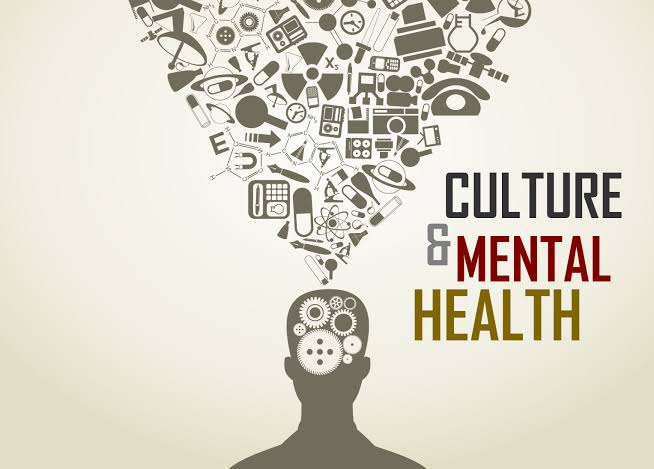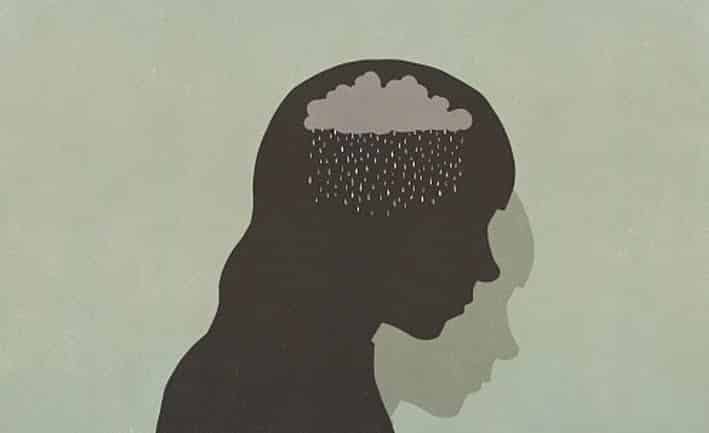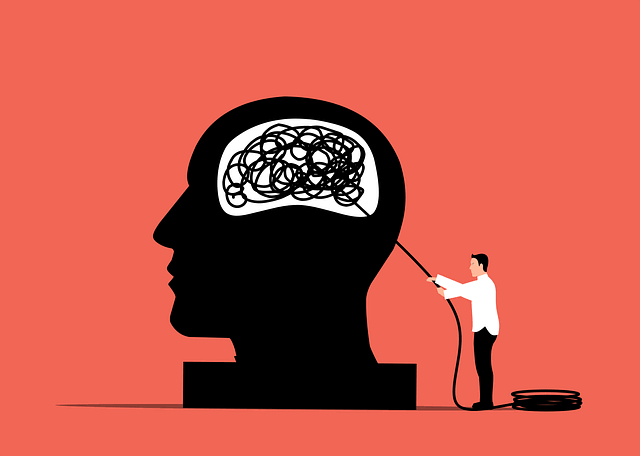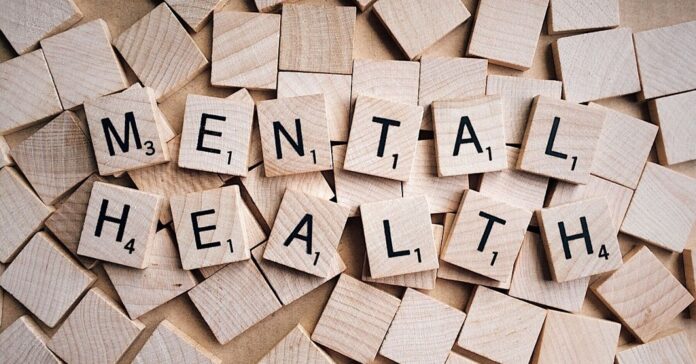Did you know that over a thousand Nigerians are born with mental illness? But oftentimes, this goes undiagnosed as Nigeria’s perception of mental health is not adequate.
Mental health

Mental health basically includes our emotional, psychological, and social well-being. It affects how our thoughts, feelings, and actions and also determines how we handle stress.
Mental health is very important at every stage of life, from childhood and adolescence through adulthood, which is most important. Experiencing problems in this regard will affect your actions, thoughts, mood, and behavior.
Factors that contribute to mental health problems include:
- Biological factors, such as genes
- Life experiences, such as addiction, trauma, or abuse
- Family history of mental problems
Mental health is very important but do we take it seriously in Nigeria
SEE: Easy Steps To Become A Good Parent
Mental Health in Nigeria

Nigerians do not take things seriously. We have humor embedded in our veins and often discard things. I would say that we are in a sorry state when it comes to mental health.
There are over millions of people suffering from mental illness. They either go undiagnosed or their problems are not treated as priorities. And though there are policies aimed at addressing such issues in Nigeria, important information on mental health services in Nigeria is non-existent.
This makes it difficult to identify areas of need, coordinate activities of advocacy groups, and make an informed decision about policy direction.
SEE: Ways to Keep a Healthy Lifestyle
Main Factors hindering mental health in Nigeria
These factors affect the management of those who have mental problems in Nigeria.
1. Myths and traditional beliefs
Some would say that tradition affects Nigerians. Cultural and religious stereotypes have a significant impact on the diagnosis and recovery process of people with mental issues.
In a typical Nigerian home, if you mention that you’re having bipolar symptoms, parents will tell you to “come off it” or to focus on praying more. They won’t take you seriously.
There is also a myth that mental illness does not exist in Nigeria; people will instead argue that you’re either in a bad mood or the devil is tormenting you.
2. Inadequate facilities
How many mental facilities do we have in Nigeria? And how many are willing to help out? A mental health facility would provide a lot of assistance, as well as helpful personnel.
We don’t have enough in Nigeria which affects how we deal with this.
3. Lack of mental health professionals
As of 2020 World Mental Health Day, 350 psychiatrists currently serve Nigerians with an estimated population of about 200 million people, according to the Nigerian Medical Association. That’s an average of 1 professional to 570,000 people.

How on earth is that supposed to help the problems in our country?
4. Lack of support from family
Family is supposed to help you out, right? Well, in this case, family members either contribute to your mental problems or discard them when you openly tell them about it.
This is because of the society we live in. Tradition and stereotypes have blinded us.
Related: 10 Ways to Keep a Healthy Lifestyle
5. Lack of financial support to get treatment
Okay, let’s say we have appropriate mental health services in Nigeria, hypothetically speaking. Where are the funds to assist people?
Nigeria is not the richest of countries, and everyone knows health is not the government’s main priority. This could hinder the person from receiving treatment and also influences people’s mindset.
The Truth about Mental Health in Nigeria

As said above, there are several barriers to treatment for individual Nigerians. These include the lack of understanding the root causes, and the fear of stigmatization concerning being labeled as mentally ill.
We can still do something about the perception of mental health in Nigeria. Now, traditional native healers, and religious leaders are seen as the ones who can help with mental health problems.
Typically, women are vulnerable to mental health problems because they often go through health situations that can contribute to mental problems. Men are also susceptible, but because of the stigma of being labelled as “weak”, they choose to stay quiet for the sake of appearing “tough” to society. Stereotypes must stop.
Apart from that, education from each stratum of Nigerian society and government, as well as input from the medical community, can improve and would also help alleviate the heavy burden of mental illness in Nigeria. There should be efforts from the government whose duty is to provide a stable environment for all to strive in.
There should be also be advocacy for mental illness, which is severely inadequate due to fear of stigmatization. We all should speak about mental health and try to expose the faults.
SEE: How to practice self-love
Conclusion
When we advocate and treat mental health as a priority in Nigeria, it would allow people to reach their full potential and also make meaningful contributions to their communities.
People with mental illness can also connect with others and get professional help. But remember that before they do that, we have to make it easy for them.





